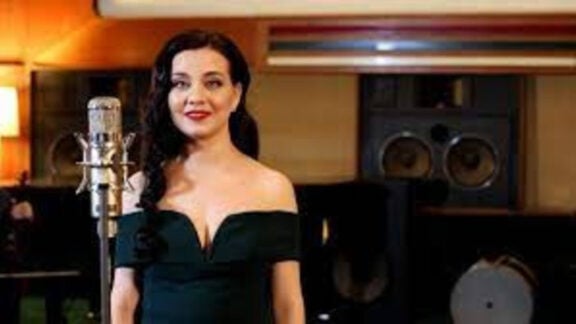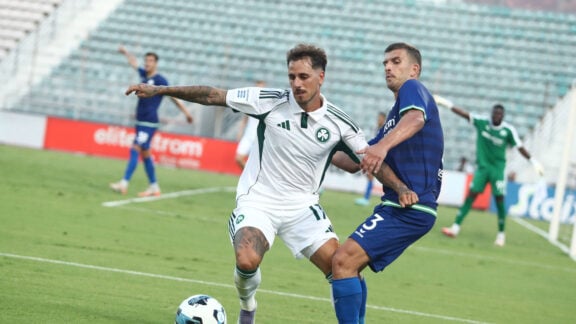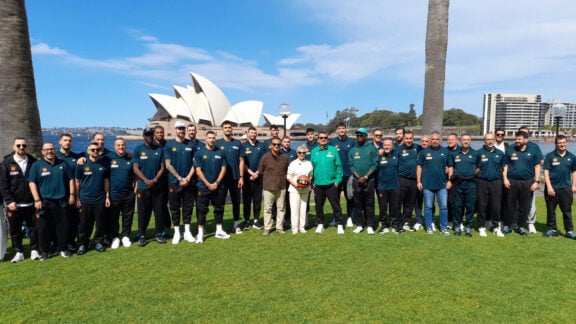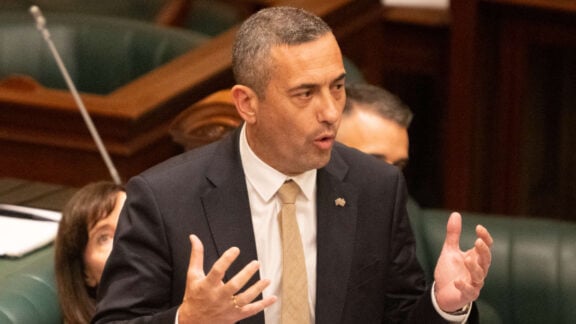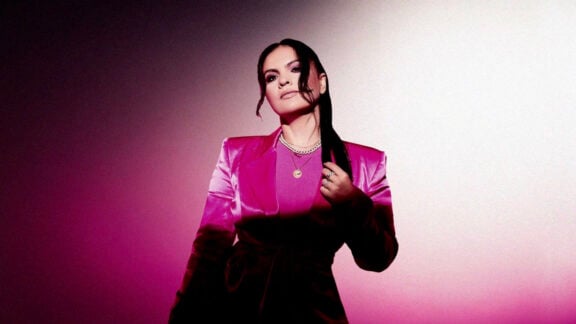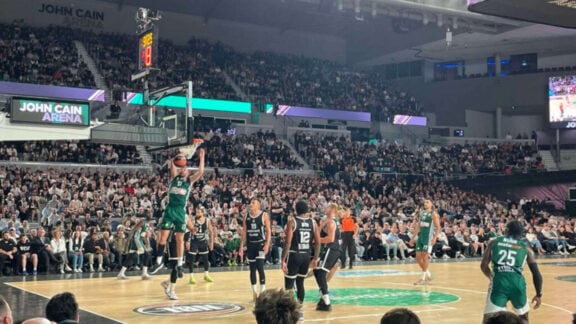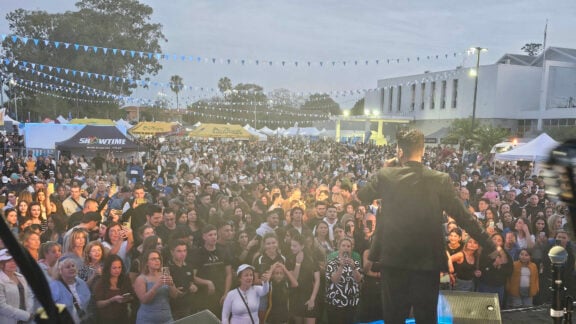The FIFA Women’s World Cup is right around the corner, and will be hosted right on our doorstep. As we prepare for what is set to be the most attended standalone women’s sporting event ever, here is everything you need to know about the tournament.
When and where is it?
The World Cup will be hosted by both Australia and New Zealand, starting from July 20 for a month.
An opening ceremony will take will place at Eden Park, Auckland, 5pm AEST, set for after the pre-match warmup from players of the first match between New Zealand and Norway.
Also, on the opening day, Australia will host the Republic of Ireland in their opening game at Accor Stadium in Sydney.
Matches will be played across nine host cities and 10 stadiums (which have been renamed for the duration of the tournament), these include:
· Brisbane Stadium (Suncorp Stadium)
· Stadium Australia, Sydney (Accor Stadium)
· Sydney Football Stadium (Allianz Stadium)
· Melbourne Rectangular Stadium (AAMI Park)
· Hindmarsh Stadium, Adelaide (Coopers Stadium)
· Perth Rectangular Stadium (HBF Park)
· Eden Park, Auckland (no change)
· Dunedin Stadium (Forsyth Barr Stadium)
· Wellington Regional Stadium (Sky Stadium)
· Waikato Stadium, Hamilton (FMG Stadium Waikato)
Both nations will host a semi-final, and the final will take place on August 20 at Stadium Australia in Sydney.

Who will be competing?
For the first time ever, 32 nations will compete for this year’s Women’s World Cup.
Starting as a 12-team tournament in 1991, it was expanded to 16 in 1999 and then 24 in 2015.
The group stages are as follows:
Group A: New Zealand, Norway, Philippines, Switzerland
Group B: Australia, Republic of Ireland, Nigeria, Canada
Group C: Spain, Costa Rica, Zambia, Japan
Group D: England, Haiti, Denmark, China PR
Group E: USA, Vietnam, Netherlands, Portugal
Group F: France, Jamaica, Brazil, Panama
Group G: Sweden, South Africa, Italy, Argentina
Group H: Germany, Morocco, Colombia, Korea Republic
USA are undoubtedly the favourites as they rank No.1 in FIFA ranking. The Americans are looking to become the first nation ever, both men and women, to win three consecutive World Cups.
They currently have four cups, taking it home in 1991 and 1999, and following a loss in the 2011 final to Japan in penalties, the went on to win in 2015 and 2019.
Norway (1995), Germany (2003, 2007) and Japan (2011) round out the winners list.
England are also a team to look out for, as reigning European champions, but are missing key star players to injury.
Australia will of course be a team to watch for the Aussie population, with the Matildas not only hosting the cup, but also putting on noteworthy performances this year.
This includes a 2-0 victory over England in a friendly match in April, which saw them end a 30-game win streak for England.
Before this, the last time they met was in 2015 at the Cyprus Cup group stages, with England winning 3-0.
How to get tickets?
Tickets for the Australian games are all but sold out, with this tournament having sold over one million tickets so far.
However, there are still tickets available across different groups, but they’re running low.
Visit the official site to find tickets.

Where can you watch?
All matches will be broadcast live on Optus Sport and Seven Network.
FIFA Fan Festivals will also be held throughout the tournament, free entry. There will be food, entertainment and a fun for the kids, as you watch the games on the big screen.
These locations are as follows:
Australia: Adelaide – Festival Plaza; Brisbane – South Bank Parklands; Melbourne – Federation Square; Perth– Forrest Place; Sydney – Tumbalong Park.
New Zealand: Auckland– The Cloud; Hamilton– Claudelands Event Centre; Wellington– Shed 6; Dunedin– Dunedin Town Hall & Glenroy Auditorium.
The Matildas will host France at Marvel Stadium, Melbourne, on July 14 in a send off match ahead of the World Cup next week.

